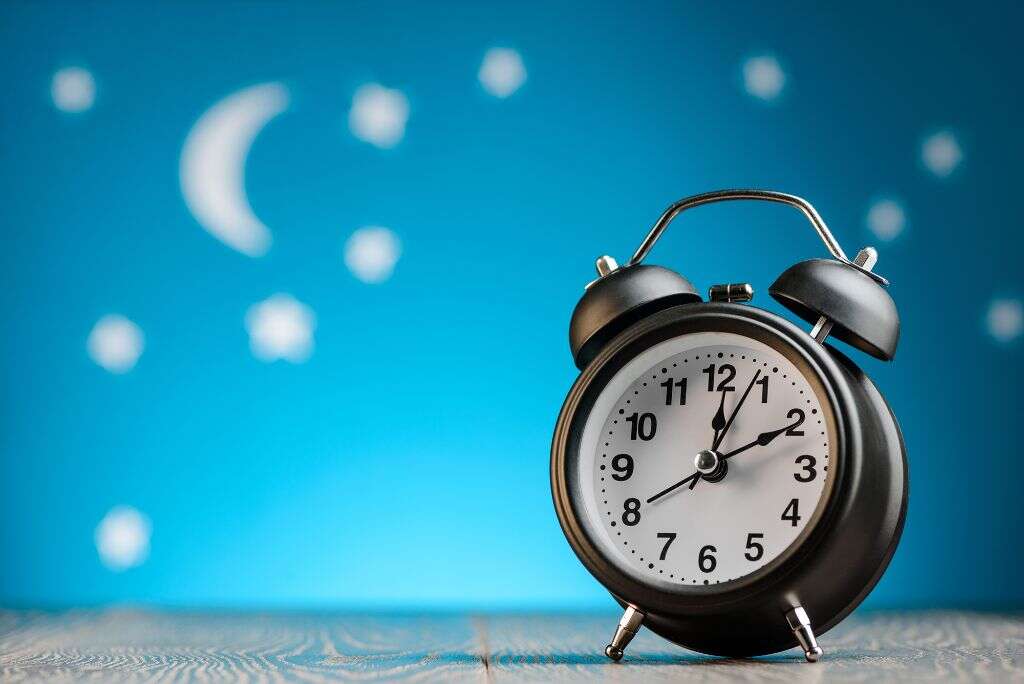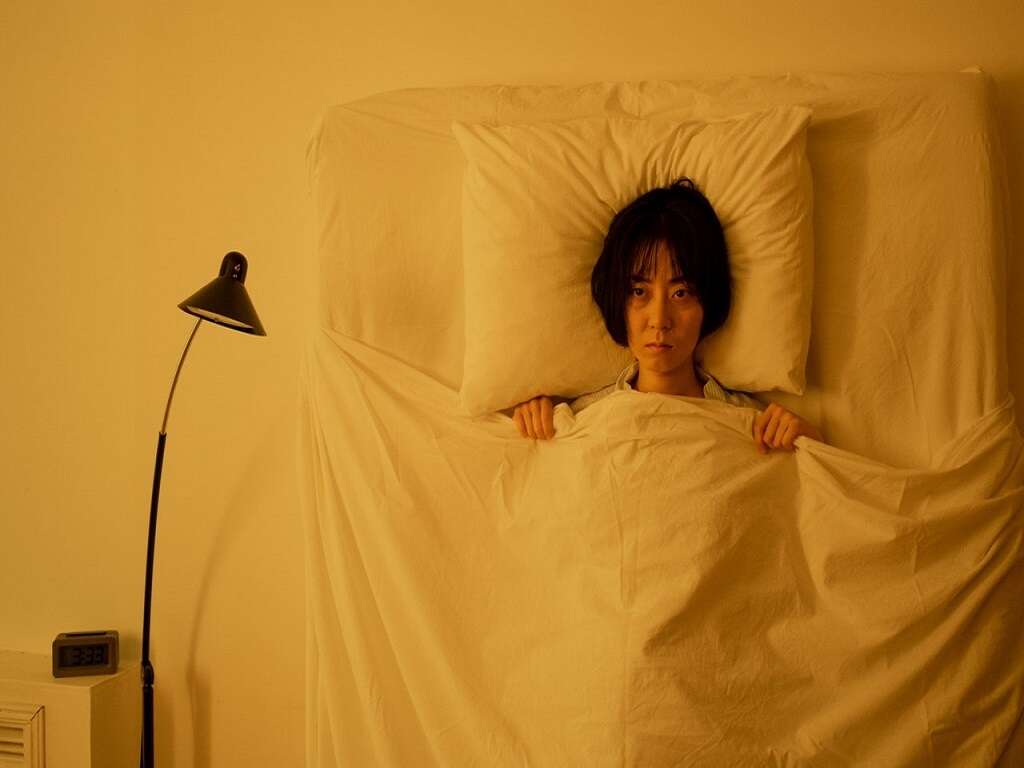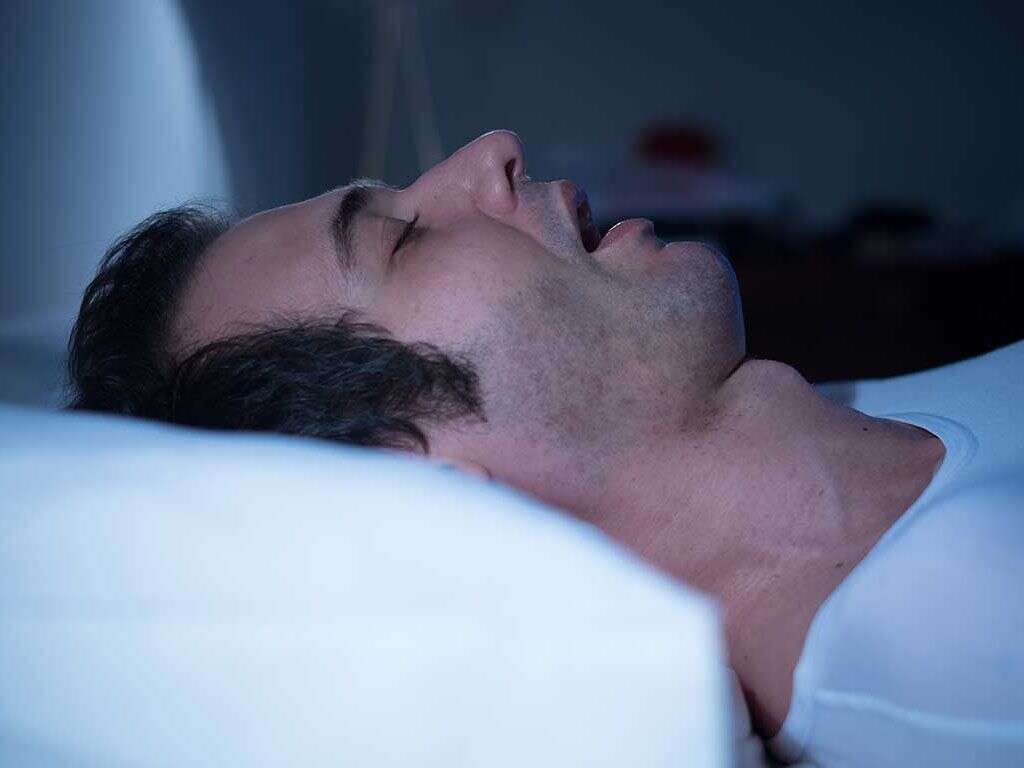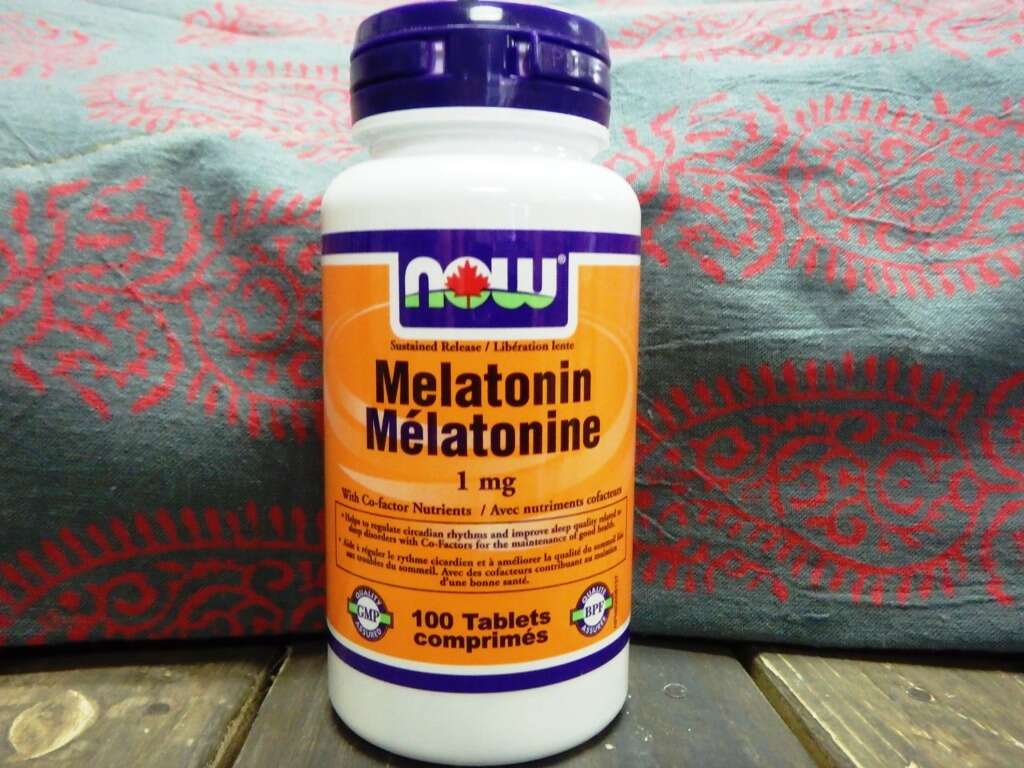What Does Melatonin Do?
A full night’s rest is crucial to anyone who wants to remain healthy and sharp. Of course, countless people across the world state that they have trouble falling asleep at the end of a long day. In many cases, this has to do with melatonin levels. Melatonin is a hormone produced predominantly by the pineal gland in the brain, though it is also manufactured in bone marrow and the digestive system. When the sun goes down and darkness sets in, the body begins to produce higher levels of melatonin in order to encourage sleep.
From restless hours tossing and turning in bed to endless feelings of grogginess during the day, a lack of sleep can be a heavy burden to carry. When the body isn’t producing ample levels of melatonin, it can lead to poor sleep quality, as well as lowered immune system responses and feelings of depression. Understanding how this hormone functions is a helpful way to cut to the heart of how vital melatonin is to a healthy lifestyle.

1. Melatonin and Relaxation
Though the dominant function of melatonin is to promote sleep, it goes about this process in several specific ways. For one, the hormone is said to reduce nerve activity in the brain by binding the receptors responsible to create a sense of relaxation. When less light is present in a given environment, melatonin is produced by the eyes. When melatonin levels begin to rise, it diminishes how much dopamine is found in the system. Dopamine is a neurotransmitter that is connected to feelings of happiness. It also encourages a person to remain somewhat alert.
When dopamine drops, melatonin makes a person feel groggy and ready for bed. If a person is unable to produce a healthy level of melatonin, however, it can have a negative impact on dopamine production. The more dopamine in the system, the more difficult it is for people to fall asleep when they desire.

2. Common Causes of Low Melatonin Levels
There are several reasons why a person’s body might not be producing ample levels of melatonin each night. According to research, one of the biggest causes is stress. When the body experiences high levels of stress, it assumes danger is imminent and produces hormones related to “fight or flight” response. Since light is a key factor in melatonin production, new evidence has suggested that personal devices like phones and tablets are causing sleep-related problems. The blue light put off by smartphones, for example, has similar properties to sunlight and “tricks” the brain into producing less melatonin.
While cutting back on using personal devices before bed is a good way to encourage better sleep habits, additional factors could be to blame for reduced melatonin in the body. Smokers are also likely to experience trouble sleeping, as chemicals found in cigarettes can inhibit the body’s ability to manufacture melatonin under normal circumstances.

3. Circadian Rhythm and Melatonin
Melatonin is not exclusively responsible for creating healthy sleeping patterns. The hormone works in conjunction with the body’s natural circadian rhythm. Essentially, a circadian rhythm is a person’s internal clock. Also known as a sleep/wake cycle, the rhythm is controlled by the brain and helps a person have a consistent experience with sleep. The hypothalamus dictates the rhythm and signals the body to produce melatonin when light levels begin to diminish. Though a circadian rhythm will remain somewhat consistent, external factors like prolonged exposure to light can disrupt the natural flow and cause issues with healthy melatonin production.
A person’s typical circadian rhythm can also be altered when he or she makes drastic life changes. If someone is used to working a standard 9-5 shift and changes jobs to work overnight shifts, it will create some sleep issues at first. The longer a person repeats his or her new schedule, however, the easier it is for the circadian rhythm to adjust to match it.

4. Jet Lag and Melatonin
As the world becomes more and more connected, global travel has increased considerably for the average person. Unfortunately, it has also caused more people to experience jet lag. Traveling from one time zone can confuse a person’s circadian rhythm, as he or she will be exposed to daylight at different intervals than usual.
After returning home, it can take several days for a normal sleep cycle to resume. According to several studies, people who took melatonin supplements while experiencing jet lag had an easier time falling back into normal sleep patterns.

5. Melatonin’s Impact on the Immune System
Sleep plays a pivotal part in how a person’s immune system performs. The more an individual sleeps, the more likely it is that he or she will exhibit healthy responses from the immune system. Of course, the opposite is also true. When sleep is consistently disrupted, it can corrupt the immune system and make it easier for an individual to become sick. Studies suggest that an increase in melatonin can boost the immune system and reduce inflammation in the body. While helpful for some, people with specific conditions or allergies can experience health issues from this enhanced immune response.
Younger individuals who are already in good health are not likely to see lasting consequences from unbalanced melatonin production. However, the elderly and individuals with specific health conditions might be more susceptible to certain diseases when melatonin levels are low for prolonged periods of time.

6. Melatonin and Aging
Though the human body is built to produce melatonin throughout an individual’s entire life, the rate at which this hormone is generated changes as time goes on. The older a person gets, the less melatonin his or her body will produce.
Anecdotally, it is suggested that this decrease in melatonin may make people of a certain age susceptible to an array of age-related diseases. It is also thought that the quality of sleep diminishes as people reach a certain age. Several studies conducted with elderly participants revealed that melatonin supplements may encourage improved sleep efficacy.

7. Menopause and Melatonin
For women, melatonin levels can vary significantly during the onset of menopause. During a woman’s perimenopausal period, her body is adapting to the changes in her reproductive system. While the length of menopause differs from woman to woman, symptoms can persist for up to seven years.
Throughout this entire stretch of time, melatonin levels are said to be all over the place. While experts are unsure of the exact role of melatonin in the menopausal transition, a majority of women will experience difficulty sleeping due to decreased levels of the hormone being produced throughout the process.

8. Melatonin and Depression
Depression is a condition that can take many forms in a person. Long-term, clinical depression has not been extensively studied regarding how melatonin levels might help or hurt the condition. Short-term depression like seasonal depression, however, has been studied to some degree.
Findings suggest that melatonin supplements might be useful in people who live in regions where the winter causes shorter periods of daylight. Still, other evidence points out that melatonin can have side effects that increase symptoms related to depression. More in-depth research is required to determine exactly how melatonin impacts long- and short-term depression overall.

9. Melatonin and Eye Health
Melatonin is also said to have antioxidant properties. Antioxidants are responsible for removing free radicals from the body. Free radicals are found in the environment and can cause oxidative damage on a cellular level in the human body. Antioxidants target these free radicals in order to slow or stop the oxidative process. According to research, the antioxidant benefits of melatonin primarily impact the eyes. As the body ages, conditions like macular degeneration become commonplace. Though not an outright cure, studies suggest that melatonin supplements might be able to slow the degenerative process.
In studies conducted with elderly patients experiencing macular degeneration, melatonin supplements yielded interesting results. The research points out that those who took roughly 3 mg of melatonin per day were able to slow the process of degeneration and protect the retina. Though additional research is required to understand melatonin’s impact on eye health in younger individuals, supplementation can prove valuable to those interesting in maintaining eye integrity as they grow older.

10. Melatonin and Stomach Health
The antioxidant properties of melatonin might also be helpful for specific issues within the digestive system. Acid reflux is a condition where gastrointestinal liquids creep up the food pipe and create a burning sensation in the chest, also known as heartburn. In a number of studies, patients with acid reflux reported reduced symptoms of heartburn after taking a melatonin supplement. Similar research has pointed out that melatonin supplements may prove useful in healing stomach ulcers. While additional research is needed, the positive impact of melatonin on gut health does suggest the hormone plays an important part.
Melatonin is a hormone that is predominantly responsible for encouraging healthy sleeping habits. Unfortunately, the stress of modern living and lights from digital devices like smartphones can disrupt or alter the body’s ability to produce proper levels of melatonin. Research suggests that taking supplements can prove beneficial. Melatonin supplements are traditionally available in capsule, tablet, and liquid forms. As with any supplement, it is best to consult a primary healthcare specialist to ensure there will be no serious side effects or interactions with existing medications.












